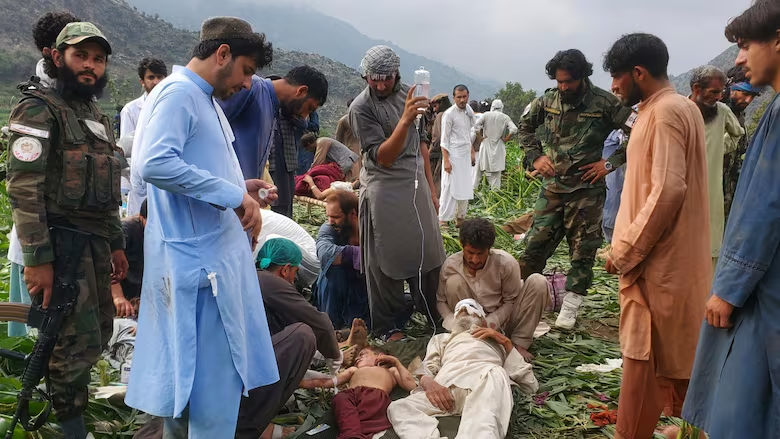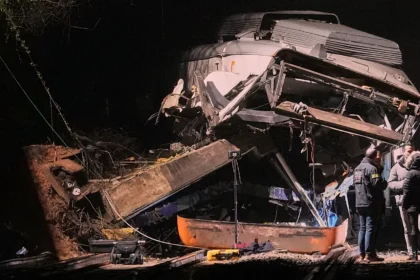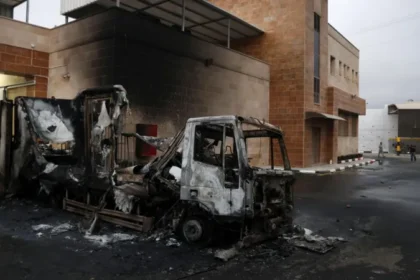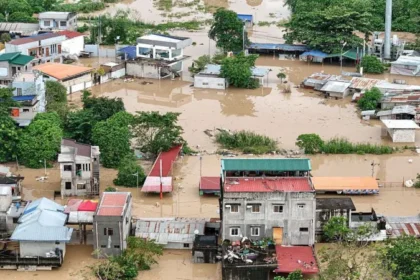Rescue operations are ongoing in eastern Afghanistan following a powerful 6.0 magnitude earthquake late Sunday that has killed at least 800 people and injured more than 2,500, according to the Taliban government.
The quake struck at 11:47 p.m. local time, with its epicenter located 27 kilometers northeast of Jalalabad in Kunar province, close to the border with Nangarhar. The U.S. Geological Survey reports the quake was relatively shallow, just 8 kilometers deep, which contributed to the widespread destruction. Several aftershocks have since been recorded.
Entire Villages Flattened
Scenes from the aftermath show villagers digging through rubble with their bare hands, desperately searching for survivors. In the mountainous Nurgal district of Kunar, residents say entire communities have been buried.
“Children are under the rubble. The elderly are under the rubble. Young people are under the rubble,” one resident pleaded. “We need help. We need people to come and pull them out. There’s no one to remove the dead bodies.”
Fragile Infrastructure Amplifies Damage
Many of the homes in the affected areas are constructed from mud bricks, wood, and poorly reinforced concrete, making them especially vulnerable to tremors. The widespread destruction has left thousands homeless, compounding the humanitarian crisis in a region already grappling with economic hardship.
Government Response and Casualties
At a press conference Monday, Taliban spokesperson Zabihullah Mujahid confirmed the current death toll, emphasizing that Kunar province had borne the brunt of the disaster.
Emergency response teams, including civil defence workers, local residents, and army personnel, are assisting with rescue and evacuation efforts. Helicopters were seen airlifting the injured from remote areas as access to some villages remains limited due to blocked roads and debris.
Global Humanitarian Appeal
With hundreds still missing, aid organizations are calling for urgent international support. The disaster adds another layer to the ongoing challenges facing Afghanistan, including food insecurity and strained medical infrastructure.















